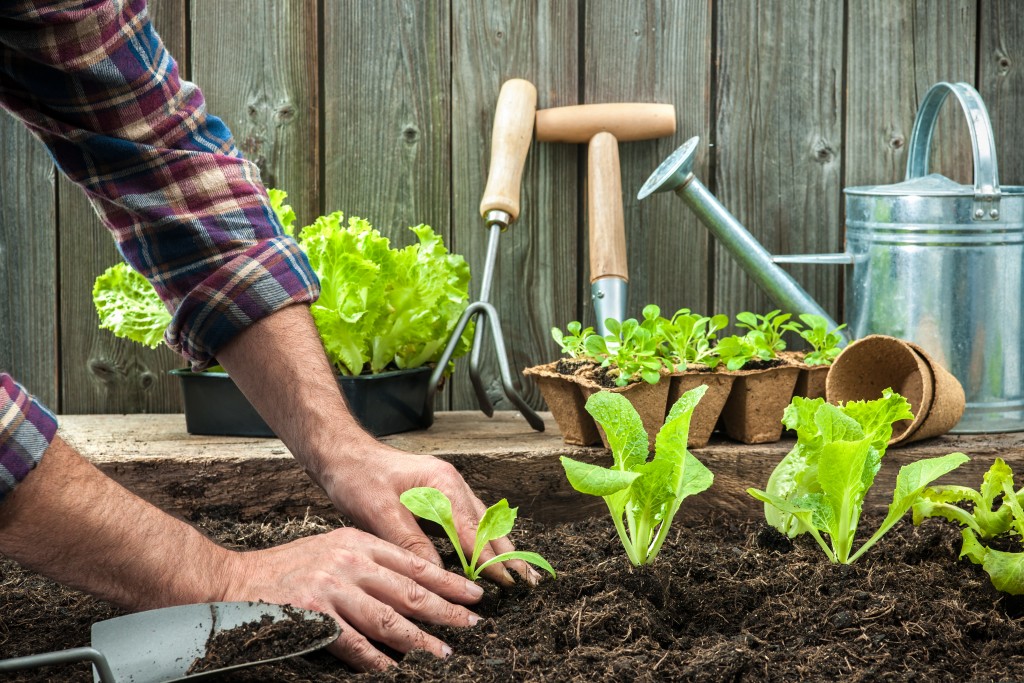Being low-impact means making choices that are friendlier to the Earth. This includes reducing the amount of waste you generate in your daily life.
Growing your own food, for instance, is a huge step forward. By simply replacing about 20% of the food you buy from the grocery with fruits and vegetables you grew in your own backyard, you will cut your carbon footprint by 68 pounds of CO2 — carbon dioxide, which is a greenhouse gas — per year.
Start Small
Obviously, a larger garden where you can grow more fruits and vegetables will further reduce your impact, but that also would require more land and effort. You will have to figure out an irrigation system and install a piston pump to provide every plant with adequate water.
However, for those who are starting out, it is best to start small. You can try your hand at gardening by choosing to grow squash and peppers. Both are easy to keep alive and will continue to grow throughout the year. Once you have gained the confidence. You can move on to other vegetables. A lot of vegetables do not require a lot of effort to keep them alive.
Basic Needs
Keep in mind that your garden has needs in order to survive. First, make sure that your garden is not obscured by a tree or a neighboring home. This will prevent the fruits and vegetables that you have planted from getting enough sunlight.
Similarly, water is a necessity for your garden plants to thrive and produce tasty yields. However, each plant has different needs. You will have to figure out how often a certain plant should be watered so they will not wither.
You should also be careful when adding fertilizer. If you give a plant too much, the root may burn and absorb less water. Too little and you will end up with a plant that is too small and more susceptible to stress when faced with drought or cold.
Give Your Plants Enough Space
The seeds you planted will grow, so give them ample space to spread their roots. You want to make sure that your plants are not too cramped in one area. It will not exactly affect growth, but it will be easier for you to tend to each plant if you have space to move around.
Ask a local gardener how big a plant typically grows so you can figure out the spacing.
Watch Out for Pests

Your garden would require a lot of time and energy. Aside from providing their basic needs, you have to monitor the health of your plants regularly.
Damage caused by insects may cause viruses and bacteria to infect your plant. In fact, some insects transport and spread pathogens from one plant to another. Insect damage also puts your plants under a lot of stress, making them more vulnerable to viruses and bacteria. Remove dead leaves and other debris from your garden, especially during the colder months. Dead leaves may transfer diseases to new sprouts.
Gardening is not an easy hobby, but all the effort you will put into it will be worth it. You will be helping save the planet by reducing your carbon footprint. It will also give you more control over the food that goes into your pantry and encourage you to eat healthier.

